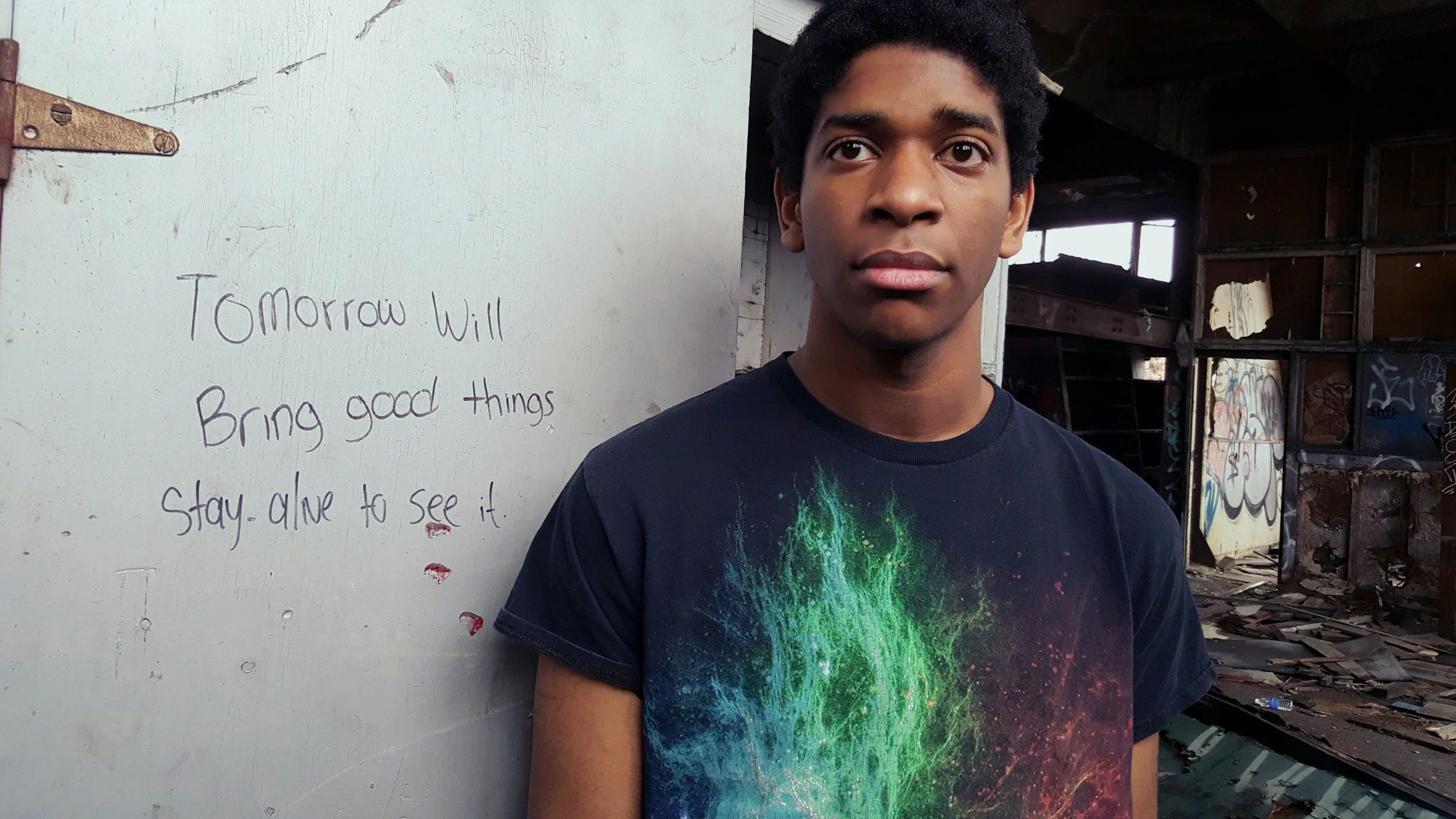A Heartfelt Look at Suicide Awareness, the Signs, and Coping with Loss
Warning Signs
Suicide is a deeply painful and complex issue, often leaving loved ones with more questions than answers. While it’s impossible to predict someone’s intentions, there are signs that might indicate someone is struggling. They may withdraw from those around them, talk about feeling hopeless or like a burden, or experience mood swings. If you notice a loved one acting differently or voicing feelings of despair, it’s important to reach out and let them know you care. A simple conversation can be a lifeline for someone in pain.
How To Help
If you’re concerned about someone, suggesting that they seek professional support can make all the difference. California Youth Services offers accessible mental health support for those in need, offering a safe space for individuals to talk about their struggles. Encouraging someone to reach out can feel daunting, but reminding them that they don’t have to face their feelings alone can be a powerful step toward healing.
Coping
Coping with the loss of someone to suicide is a heartbreak that no one should have to endure. The grief can be overwhelming, and it's normal to feel a mix of emotions, including confusion, anger, and even guilt. It’s vital to remind yourself that this pain isn’t something you have to carry alone. Reaching out to others, whether through therapy, support groups, or trusted friends, can help carry some of that weight. And above all, remember that you’re allowed to grieve at your own pace.
Healing after such a loss takes time, and it’s okay to not have all the answers right away. Leaning on the people around you, remembering the love you shared, and knowing that there’s help available when you’re ready can make a world of difference. If you're struggling with the loss of a loved one or the pain of your own feelings, don't hesitate to contact California Youth Services—we are here to support you, one step at a time.
For questions, to inquire about drug testing, or schedule a counseling session, call 949-303-9016 or click the button below.

